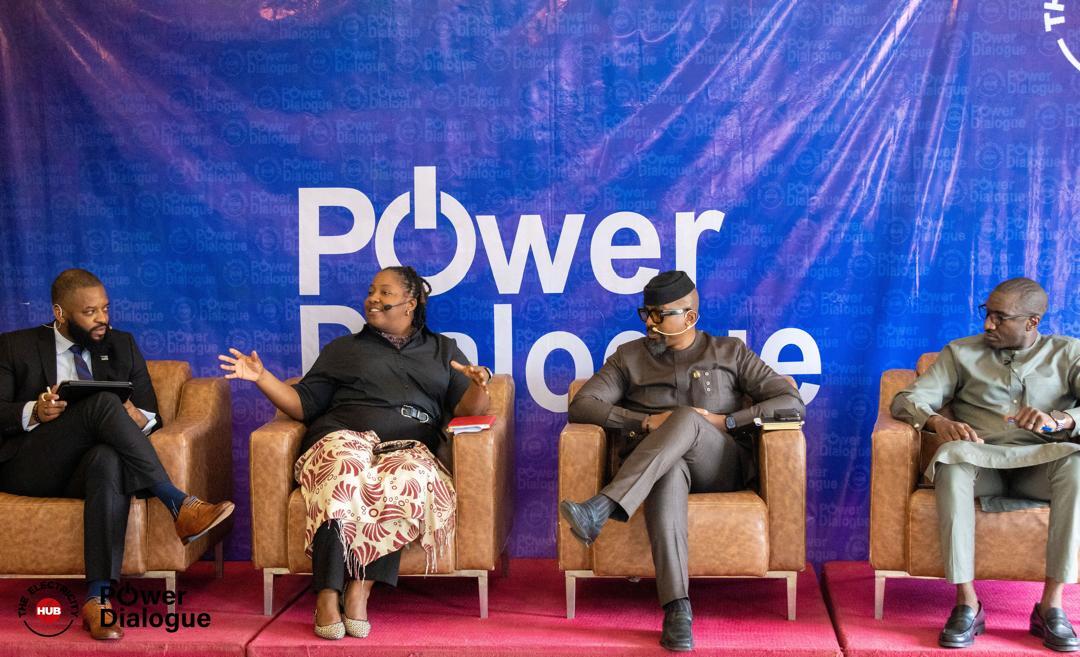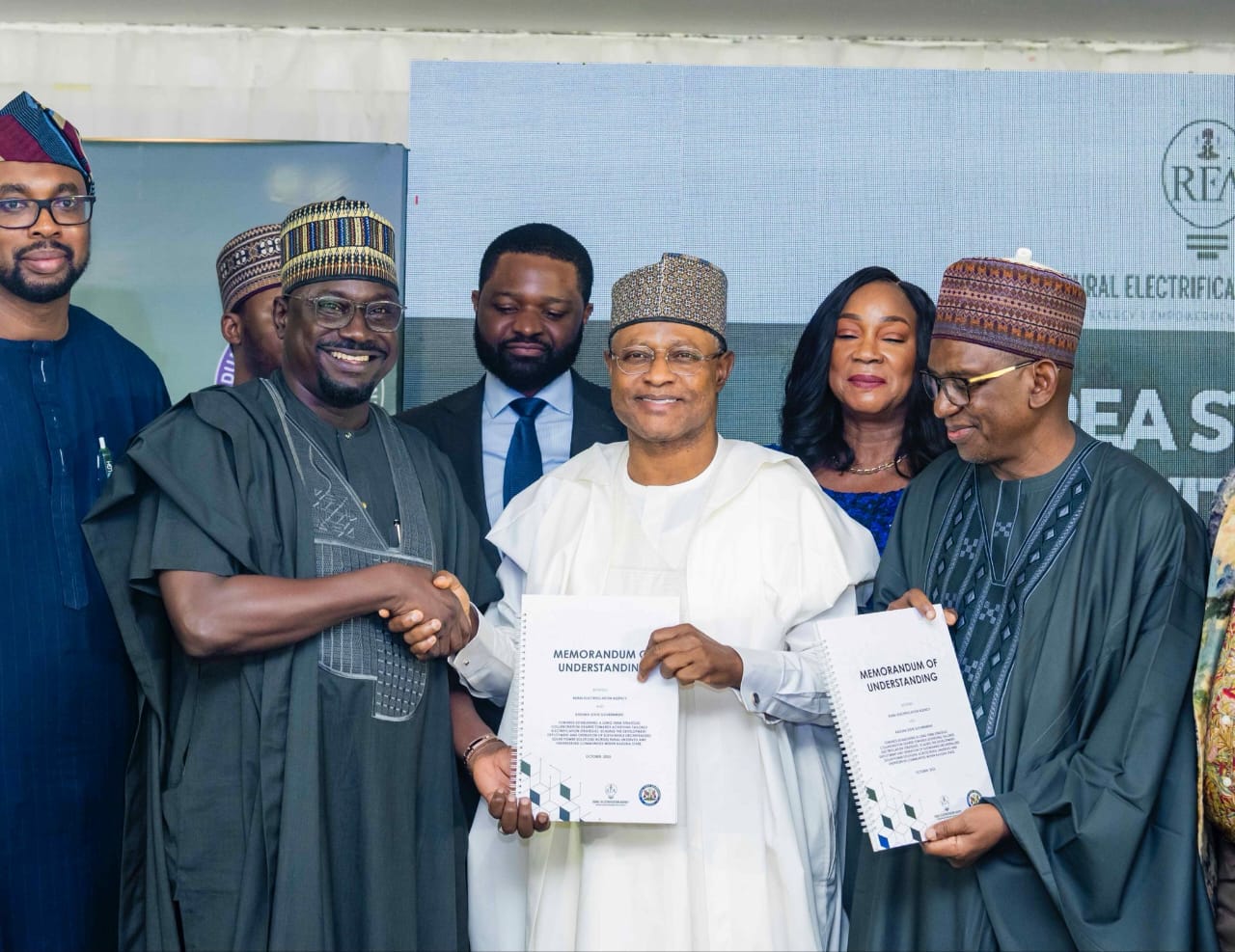Energy experts have warned that Nigeria’s persistent gas flaring problem will continue to undermine electricity supply unless urgent action is taken to harness wasted gas for power generation.
Speaking in Abuja at the 110th Nextier Power Dialogue themed “Tackling Gas Flaring Through Infrastructure: Building a Sustainable Natural Gas Future for Nigeria,” industry leaders decried the economic losses from flared gas amid widespread energy poverty.
The panel discussion, moderated by Emeka Okpukpara, Partner at Nextier, featured Mohammed N. Mijindadi, President of GE Nigeria; Dantala Wright, Commercial Gas Advisor at Gas Aggregation Company Nigeria Limited (GACN); and Sheri Adegbenro, Chief Audit and Compliance Officer at Eko Electricity Distribution Company (EKEDC).
Mijindadi criticised Nigeria’s continued flaring of millions of cubic feet of gas daily, despite only about 50 per cent of the population having access to electricity.
“It’s not a molecule problem, it’s an infrastructure and investment problem,” he said, advocating modular flare catchers and small power plants near flare sites to serve industrial hubs or supply surplus electricity to the grid.
He stressed that converting wasted gas into power would not only reduce emissions but also unlock economic growth, create jobs, and expand energy access.
GACN’s Wright noted that many flare sites lack the facilities required for gathering and cleaning gas, making commercialisation difficult. While initiatives like the Nigeria Gas Flare Commercialisation Programme (NGFCP) and the Decade of Gas have laid a foundation, he said slow implementation and incomplete pipeline networks remain major obstacles.
He suggested modular gas transport options such as compressed natural gas (CNG) trucking, alongside blended financing models that combine government and private sector funding to bridge infrastructure gaps.
On the distribution side, Adegbenro of EKEDC reiterated that gas is critical to Nigeria’s power supply, especially as a transition fuel in the energy mix.
“The more gas we can deliver to power generation companies, the more electricity we can distribute,” she said, calling for harmonised regulatory policies and expanded metering infrastructure for effective billing and revenue assurance.
Okpukpara, in his closing remarks, noted that Nigeria ranks among the world’s top 10 gas-flaring countries, warning that rising flare volumes threaten the country’s climate goals and 2060 net-zero commitment.
Drawing parallels with the growth of the mini-grid sector after government backing, he urged similar policy vision and support for flare-to-power projects, including grants and proof-of-concept funding to ensure commercial viability.
Experts concluded that ending routine gas flaring and tackling Nigeria’s energy deficit will require clear government policies and incentives, accelerated implementation of existing programmes, increased private sector investment, and development of modular and midstream gas infrastructure.






